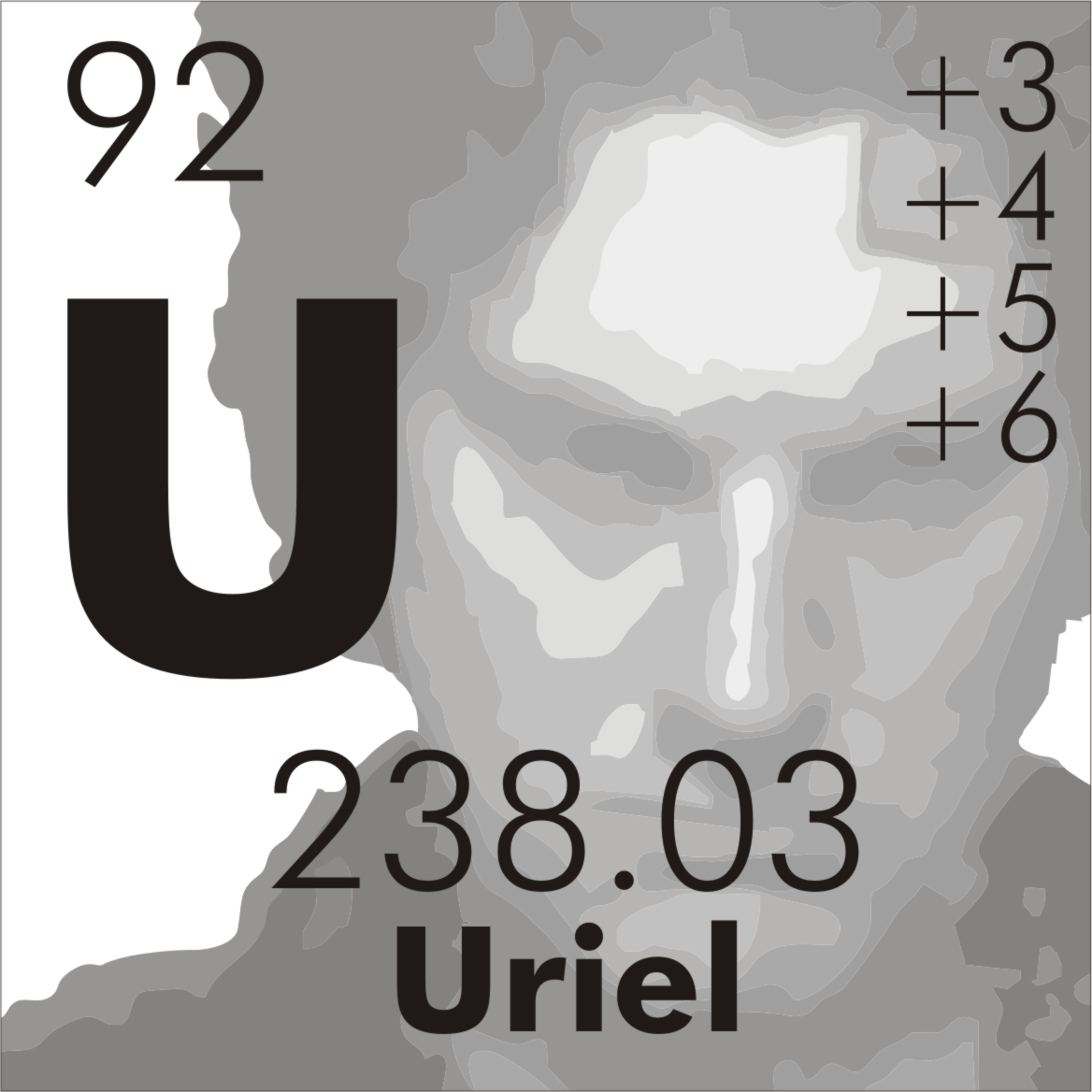Refrigerator logic, or a shower thought:
According to Genesis, God forbids Adam and Eve from eating fruit of the tree of wisdom, specifically of knowledge of good and evil.
Serpent talks to Eve, calling out God’s lie: God said they will die from eating the fruit (as in die quickly, as if the fruit were poisonous). They won’t die from the fruit, Serpent tells them. Instead, their eyes will open and they will understand good and evil.
And Adam and Eve eat of the fruit of the tree of wisdom, learning good and evil (right and wrong, or social mores). And then God evicts them from paradise for disobedience.
But if the eating the fruit of the tree of wisdom gave Adam and Eve the knowledge of good and evil, this belies they did not know good and evil in the first place. They couldn’t know what forbidden means, or that eating from the tree was wrong. They were incapable of obedience.
Adam and Eve were too unintelligent (immature? unwise?) to understand, much like telling a toddler not to eat cookies from the cookie jar on the counter.
Putting the tree unguarded and easily accessible in the Garden of Eden was totally a setup
Am I reading this right?


You shouldn’t be wasting neuron power on something that didn’t happen.
The thing is, I waste neuron power on things that didn’t happen all the time. The long term decline of House Frey after the Red Wedding given that all the other houses ceased to trust them. I ponder Merry and Pippen captured and carried by the Uruks. I think about Opheus petitioning Hades for the return of Eurydice, and the rape of Medusa by Poseidon. Prometheus taking pity on his clay apes and teaching them fire, knowing that they would eventually reach for the stars and create life from raw materials, displacing the Olympians. And then their response, offering the newer, sleeker, curvier model, Pandora, comes with free jar of mysteries!
Just because the Eden story is mythical doesn’t mean it has no use, and ultimately it will, like most of our mythology, succumb to the death of the author, its meaning changing from any long, lost original intent (or what we imagine their intent to be) to what it means to us.